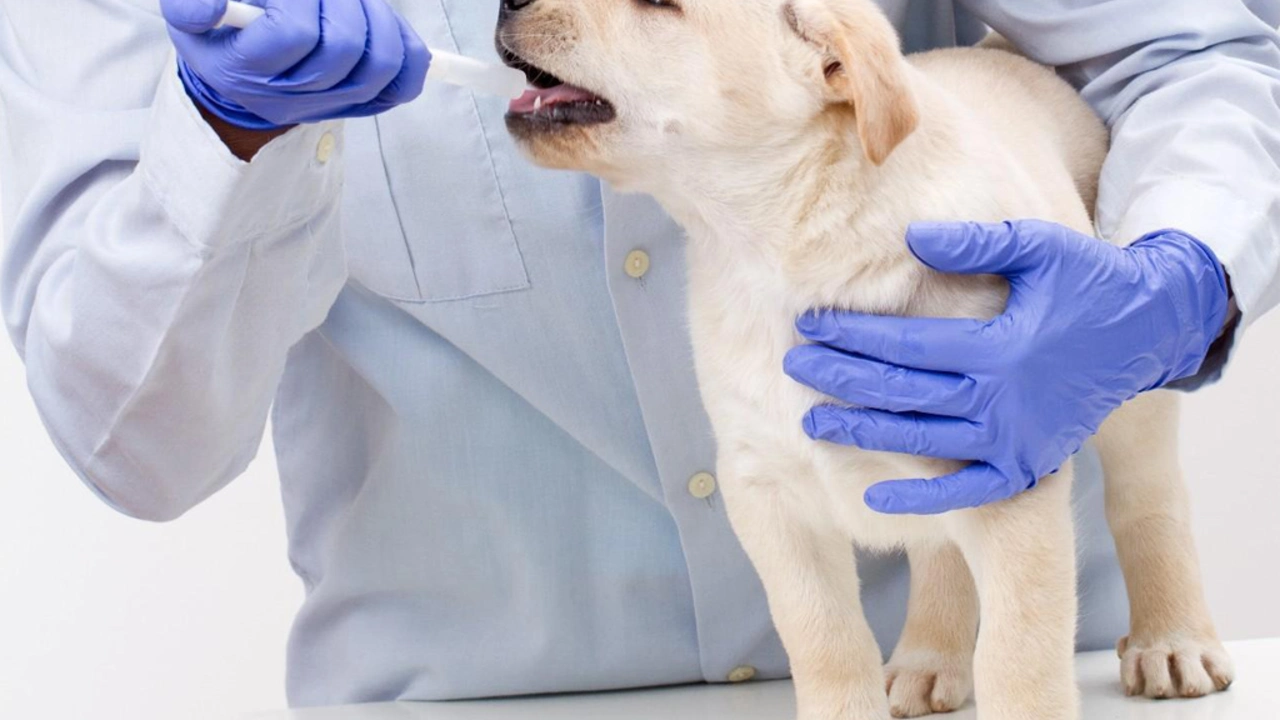Pet Health: Loperamide for Pets — What You Need to Know
Diarrhea in a pet makes you want a fast fix. Loperamide (Imodium) is a common human anti-diarrheal people reach for, but is it safe for dogs or cats? Short answer: sometimes for dogs, rarely for cats, and only with caution. Here’s a clear, practical guide to help you decide and act.
When to consider loperamide
If your dog has a single loose stool but is bright, eating, and acting normal, try simple first steps: withhold food for 12 hours, offer water, and feed a bland diet (boiled chicken and rice) once eating returns. Loperamide might be an option for mild, non-bloody diarrhea when your vet agrees. Don’t use it if your pet has fever, bloody stool, recent vomiting, known toxin exposure, or signs of illness—those need a vet now.
Safe dosing and red flags
Typical dog dose: about 0.1–0.2 mg per kg of body weight every 8–12 hours. For a 10 kg dog that’s roughly 1–2 mg per dose. Some vets use up to 0.3 mg/kg in specific cases, but never exceed a vet’s instructions. Never give loperamide to kittens or most cats — they’re much more sensitive and can react badly.
Watch for bad reactions: severe sedation, wobbliness, drooling, dilated pupils, breathing trouble, or seizures. Certain dog breeds with the MDR1 gene mutation (Collies, Shetland Sheepdogs, Australian Shepherds, and similar herding breeds) are at higher risk of dangerous neurological effects from loperamide. If your pet is on other meds like ketoconazole, erythromycin, verapamil, quinidine, or strong sedatives, do not use loperamide without vet approval—these can raise the drug’s effect and risk.
If you choose to use loperamide after talking to your vet, treat for a short period only. If diarrhea doesn’t improve in 24–48 hours, or if your pet becomes lethargic, loses appetite, develops fever, or has bloody stool, stop the drug and get veterinary care. Bring a stool sample if you can—vets often want it to rule out parasites or infections.
There are safer first-aid options: fluid support, a bland diet, probiotics designed for pets, and fiber supplements. Your vet might prescribe metronidazole or other targeted treatments when an infection or inflammation is the cause. Remember: loperamide treats symptoms, not underlying causes.
Final thought—loperamide can help in specific, mild cases for dogs, but it’s not a universal fix. When in doubt, call your vet. A quick phone check can keep your pet safe and avoid risky home treatment.

How to Recognize Overdose in Pets from Human Medications
Human medications are the top cause of pet poisonings. Learn how to spot overdose symptoms in dogs and cats-like tremors, brown gums, or hyperthermia-and what to do immediately to save their lives.
Read More
How to Recognize Overdose in Pets from Human Medications
Human medications are the leading cause of pet poisonings. Learn how to spot the signs of overdose in dogs and cats-from antidepressants to ibuprofen-and what to do immediately to save their life.
Read More
Loperamide for Pets: Can it Help Your Furry Friend?
Hi there! If you're like me, you want the best for your furry friend. That's why I've decided to look into Loperamide for pets to see if it can help our companions when they're not feeling their best. This medication is often used for diarrhea, but is it safe for our pets? Let's explore this topic together and make sure we're doing all we can for our four-legged family members' health. After all, a well-informed pet parent is a successful one.
Read More




